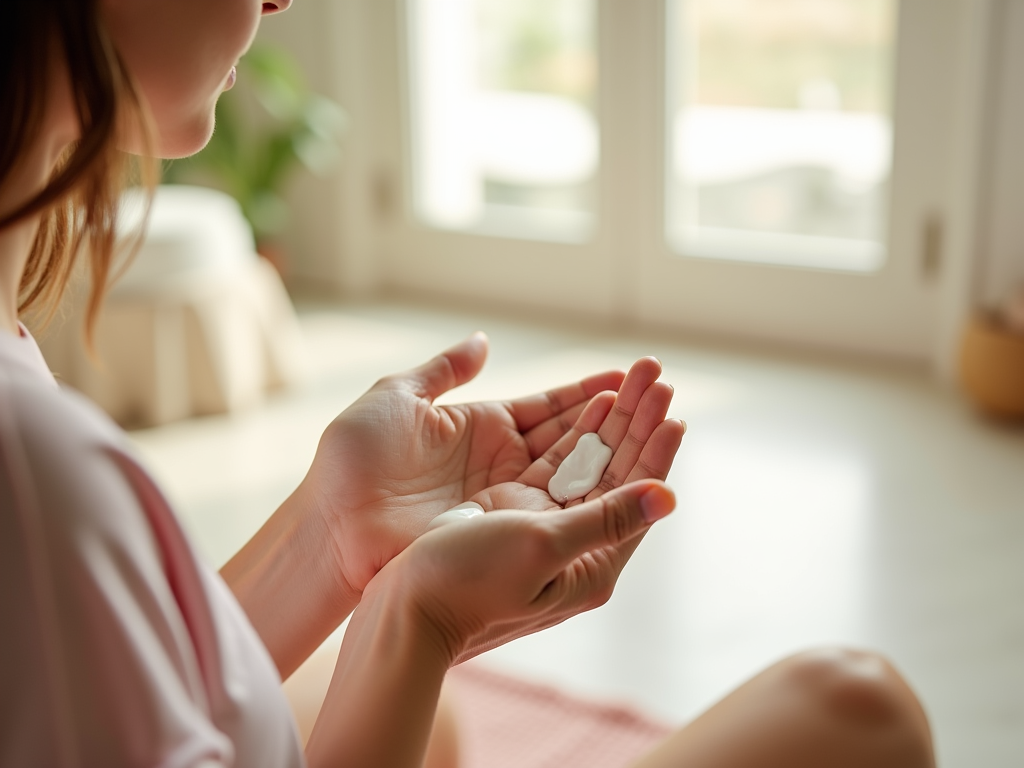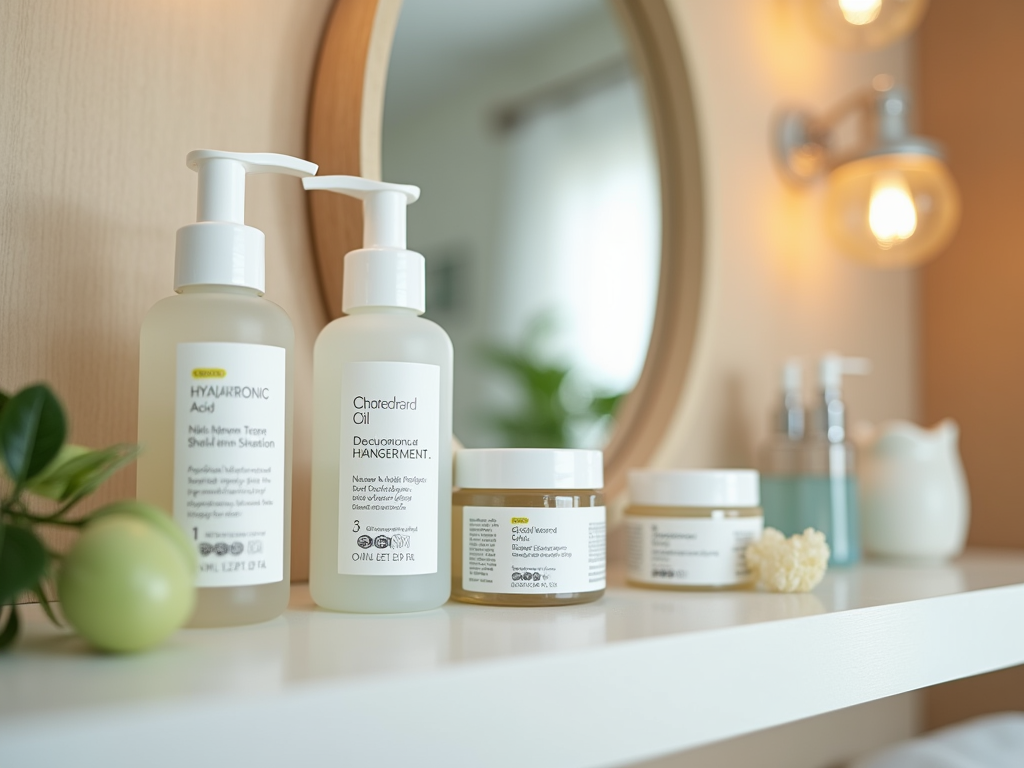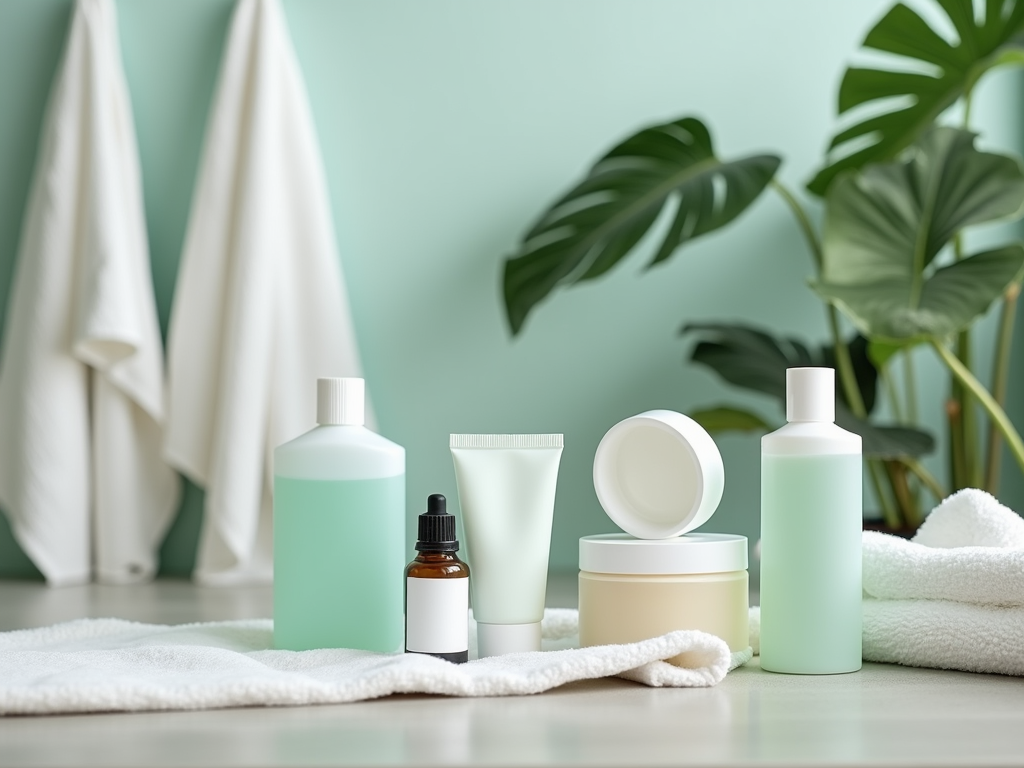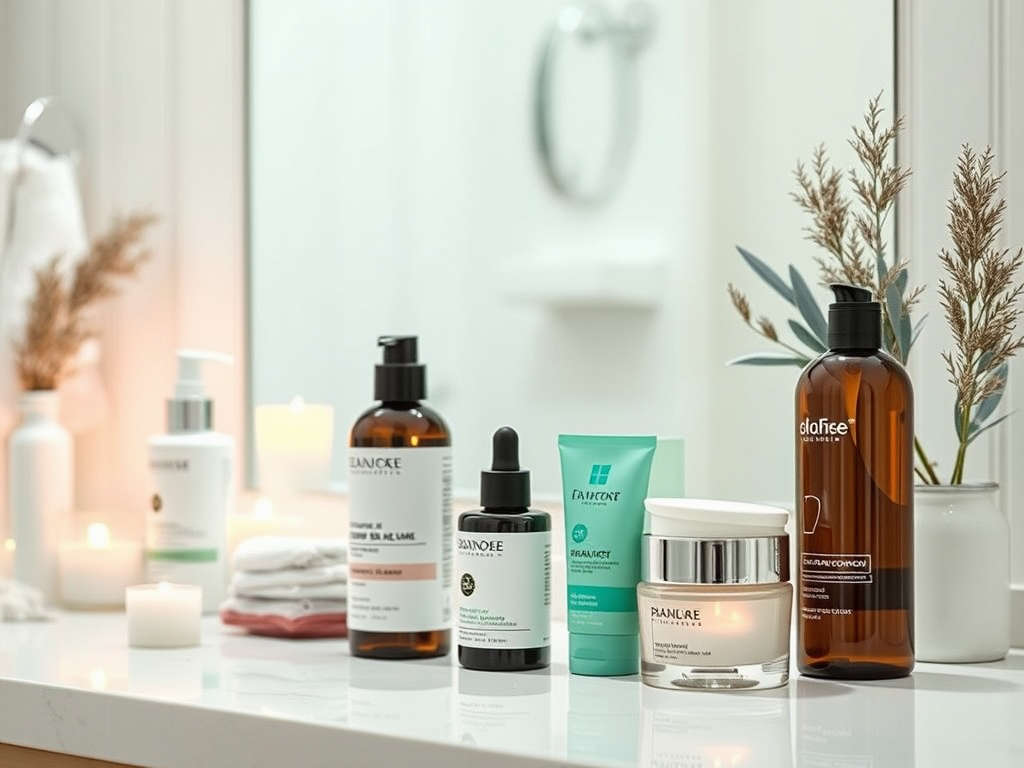Dry skin can be uncomfortable, itchy, and often appears flaky or tight. To effectively manage dry skin, it’s essential to incorporate a well-rounded skincare routine that focuses on hydration, nourishment, and protection. This article will guide you through several effective methods and products to help alleviate dryness, offering solutions that not only provide immediate relief but also contribute to long-term skin health.
Understanding Dry Skin

Dry skin, also known as xerosis, occurs when your skin doesn’t obtain enough moisture. Factors such as environmental conditions, genetics, and age can influence skin hydration levels. Understanding the nature of dry skin is critical in selecting the right skincare products. Those with dry skin usually experience a compromised skin barrier, leading to transepidermal water loss (TEWL). This condition can create a cycle of dryness, irritation, and inflammation that can be challenging to break. Overall, a targeted strategy is necessary to balance moisture levels and support the skin barrier. Here are some factors leading to dry skin:
- Environmental factors, such as cold weather and low humidity
- Harsh soaps and skincare products that strip the skin
- Hot showers that can dehydrate the skin
- Underlying health conditions, including eczema or psoriasis
- Aging, which naturally decreases the skin’s oil production
Essential Ingredients for Dry Skin

Choosing the right ingredients is crucial in your skincare journey for dry skin. Various components help hydrate, soothe, and repair the skin barrier effectively. When shopping for moisturizers and serums, look for products that contain the following key ingredients:
- Hyaluronic Acid: Naturally found in the body, this molecule holds up to 1,000 times its weight in water and helps to pull moisture into the skin.
- Glycerin: A natural humectant that draws moisture from the air into the skin, thereby providing hydration.
- Ceramides: These lipid molecules reinforce the skin barrier and lock in moisture, making them essential for dry skin.
- Shea Butter: This rich butter provides intense hydration and nourishment while soothing irritation and promoting elasticity.
- Natural Oils (e.g., Jojoba Oil, Argan Oil): These oils mimic the skin’s own sebum, offering deep moisturization and nourishing properties.
Recommended Skincare Routine for Dry Skin
Establishing a consistent skincare regimen can significantly improve dry skin’s health and appearance. A simple routine includes cleansing, exfoliating, toning, and moisturizing while ensuring regular application of sunscreen during the day. Here’s a detailed, step-by-step approach to managing dry skin:
- Cleansing: Use a gentle cleanser free from sulfates and harsh ingredients. Creamy or oil-based cleansers are often most beneficial as they hydrate while cleaning the skin.
- Exfoliation: Exfoliate once a week with a mild scrub or an enzyme-based exfoliator to remove dead skin cells, allowing better penetration of products.
- Toning: Apply an alcohol-free toner with hydrating ingredients like rose water or aloe vera to balance the skin’s pH and provide an additional layer of moisture.
- Moisturizing: Follow up with a rich, emollient cream that includes ceramides, peptides, and fatty acids to reinforce the skin barrier.
- Sun Protection: Always finish with broad-spectrum sunscreen during the day to protect from UV damage that can exacerbate dryness.
Beyond topical treatments, certain lifestyle adjustments can immensely contribute to maintaining hydration levels in the skin. Adopting these practices can foster overall skin health and combat dryness effectively:
- Stay Hydrated: Drink plenty of water throughout the day to maintain body hydration and ensure the skin remains plump and moist.
- Humidifier Use: Consider using a humidifier at home, especially during dry winter months, to add moisture to the air.
- Avoid Hot Showers: Opt for lukewarm water instead of hot water to reduce moisture loss in the skin.
- Choose Gentle Fabrics: When selecting clothing, choose breathable and soft materials like cotton to avoid irritation and allow the skin to breathe.
- Healthy Diet: A balanced diet rich in Omega-3 fatty acids, antioxidants, and vitamins C and E can promote skin hydration from within.
Conclusion
In summary, managing dry skin involves understanding its underlying causes and implementing an effective skincare routine that emphasizes hydration, nourishment, and protection. By using products with beneficial ingredients, adhering to a consistent routine, and making positive lifestyle choices, you can significantly alleviate the discomfort associated with dry skin. A proactive approach not only treats symptoms but also enhances the skin’s resilience for long-term health and vitality.
Frequently Asked Questions
- What are the best moisturizers for dry skin?
The best moisturizers for dry skin include those with hyaluronic acid, glycerin, and ceramides. Look for rich creams instead of lightweight lotions for optimal hydration. - How often should I exfoliate dry skin?
Exfoliating once a week is usually sufficient for dry skin, as over-exfoliating can strip away natural oils and increase dryness. - Can diet affect dry skin?
Yes, a healthy diet rich in essential fatty acids, antioxidants, and hydration can significantly affect skin health and moisture levels. - Is it safe to use oils on dry skin?
Absolutely! Natural oils like jojoba oil and argan oil can provide deep hydration and nourishment, making them fantastic for dry skin. - What should I avoid to prevent dry skin?
Avoid harsh soaps, hot showers, and alcohol-based skincare products as they can strip moisture and lead to further dryness.


